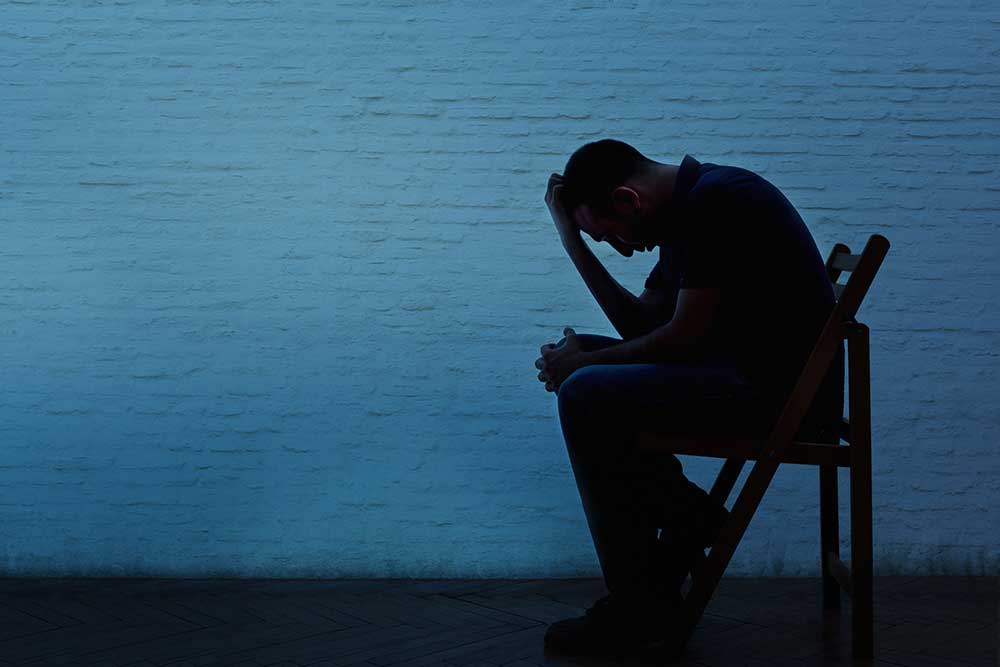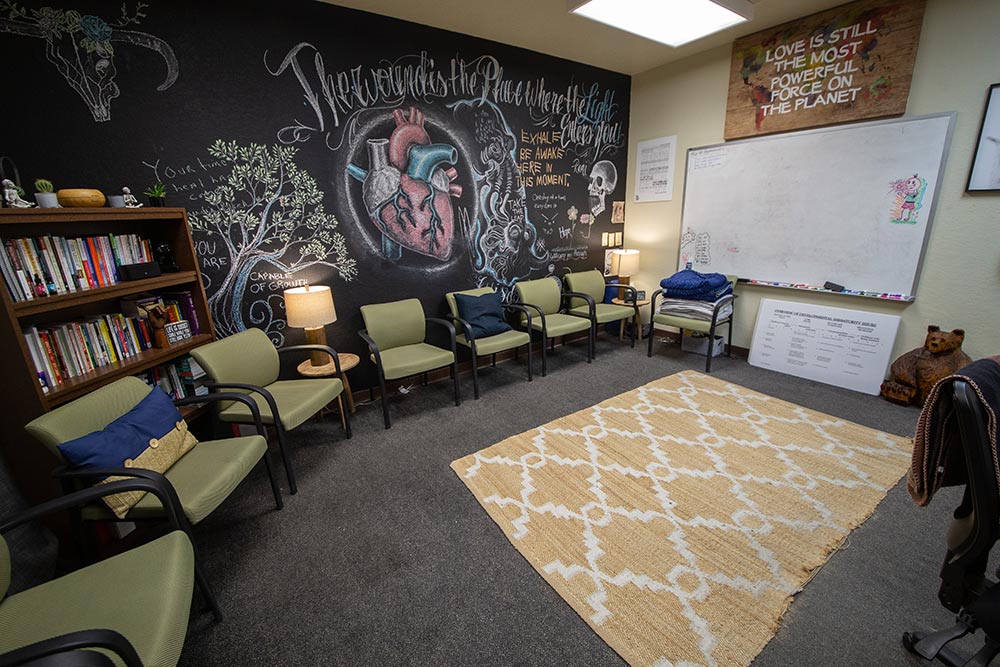PTSD
PTSD may develop after a traumatic experience
PTSD: What You Need to Know
Post-traumatic stress disorder (PTSD) is an anxiety disorder that stems from a life-threatening event or psychological trauma. The disorder can be triggered by any overwhelming experience, and the chances for developing PTSD are greatest if an incident is extreme, long-lasting, or repeated over time. The level to which the distressing incident was unforeseen and out of a person’s control may also play a role.

Featured Articles
PTSD in Children of Alcoholics
The most important emotional attachment for a child is usually their parents. Children learn from their parents how to behave, how to function in life, and how to form other healthy relationships. When children grow up in unstable environments, it can disrupt normal development and lead to difficulties, such as mental health conditions.
Learn MoreNARM and Complex PTSD
Most adults are well aware of PTSD, post-traumatic stress disorder, and how it impacts millions of people from all walks of life. Whether a response to traumatic military service, the result of a serious accident, the loss of a child, physical abuse, sexual assault, or another event created the condition, PTSD is a serious and often debilitating mental illness that dramatically changes one’s sense of self and security.
Learn MoreIn the Military, the Whole Family Serves
While children of military families are often resilient, even amidst parental deployment, they still struggle with increased stress, feelings of isolation, and emotional and behavioral problems. It’s important to understand the effects that military family stress can have on individuals and how we can support our serving members, veterans, and their children.
Learn MoreAdmissions
Our experienced, compassionate Admissions team is here to help 24 hours a day and will treat you with the dignity and respect you deserve. Let our specialists help you create a road map to get you where you want to go: a healthier, more balanced, fulfilling place in life. When you call, you’ll be led through a series of questions to determine if the Claudia Black Young Adult Center is the right fit for your needs, and how soon your treatment can begin.
If you are interested in treatment for yourself or a loved one, call or fill out our convenient Admissions form!
CONTACT OUR ADMISSIONS OFFICE
 855-333-6075
855-333-6075
OR COMPLETE AN ADMISSIONS CONTACT FORM
Click below to start the admissions process today


